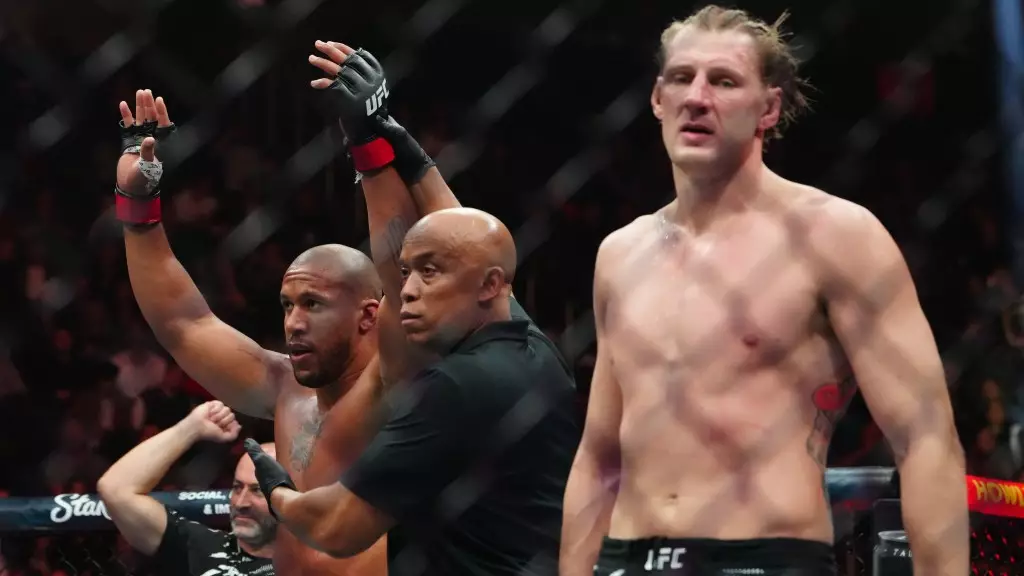Judging in mixed martial arts (MMA) is a contentious subject that often raises questions about consistency and fairness. A notable figure in the sport, John McCarthy, has drawn attention to how one judge’s scorecard can diverge significantly from their peers, a phenomenon he argues is not always negative. With years of experience as a referee and deep involvement in the evolution of MMA, McCarthy sheds light on the reasoning behind seemingly contradictory scores.
A primary issue in the judging process arises from the variety of fighting styles present in MMA. McCarthy points out that the disparity between judges often stems from the perception of different fighters’ effectiveness. He highlights that aesthetic and flashy fighting techniques sometimes overshadow an effective but less visually appealing style. For instance, he references Keith Jardine, whose awkward yet effective striking often went unrecognized by judges focused on more conventional, fluid movements. In Jardine’s case, the lack of traditional aesthetics led to oversight regarding the actual impact of his punches, demonstrating that the scoring system can be inherently biased.
The recent split decision in the bout between Ciryl Gane and Alexander Volkov serves as a vivid illustration of these points. Judge Eric Colon’s divergence in scoring, having favored Volkov, sparked outrage among fans and analysts alike. This incident underscores McCarthy’s viewpoint: the “odd judge out” can, in fact, have a valid perspective that may be overlooked by the majority. When the stakes are high, and the fighters are closely matched, the perception of a fight can vary dramatically based on the scoring criteria applied by individual judges.
The Broader Implications of Judging in Combat Sports
Discrepancies in judging are not exclusive to MMA; they are a common issue in all combat sports. The subjective nature of human judgment means that personal biases, experience, and interpretation of the fight’s dynamics can lead to different scores. McCarthy believes that rather than directing anger at individual judges, critics should reconsider the criteria and systems in place for evaluating performances in these high-stakes contests.
Fundamentally, the conversation surrounding MMA judging needs to evolve. There is a call for more comprehensive training for judges and clearer guidelines on how to evaluate fights in real-time. As the sport grows, the standards of judging must also advance to reflect its complexity and diversity. The discourse initiated by figures like McCarthy can promote a broader understanding and appreciation of the art of judging, emphasizing that sometimes being the odd judge out may indeed indicate a deeper comprehension of the sport’s intricacies. In light of these insights, it becomes critical for stakeholders in MMA—from fighters to fans—to engage in discussions aimed at refining the judging process and ensuring clarity and fairness in the scorecards that define the sport.

